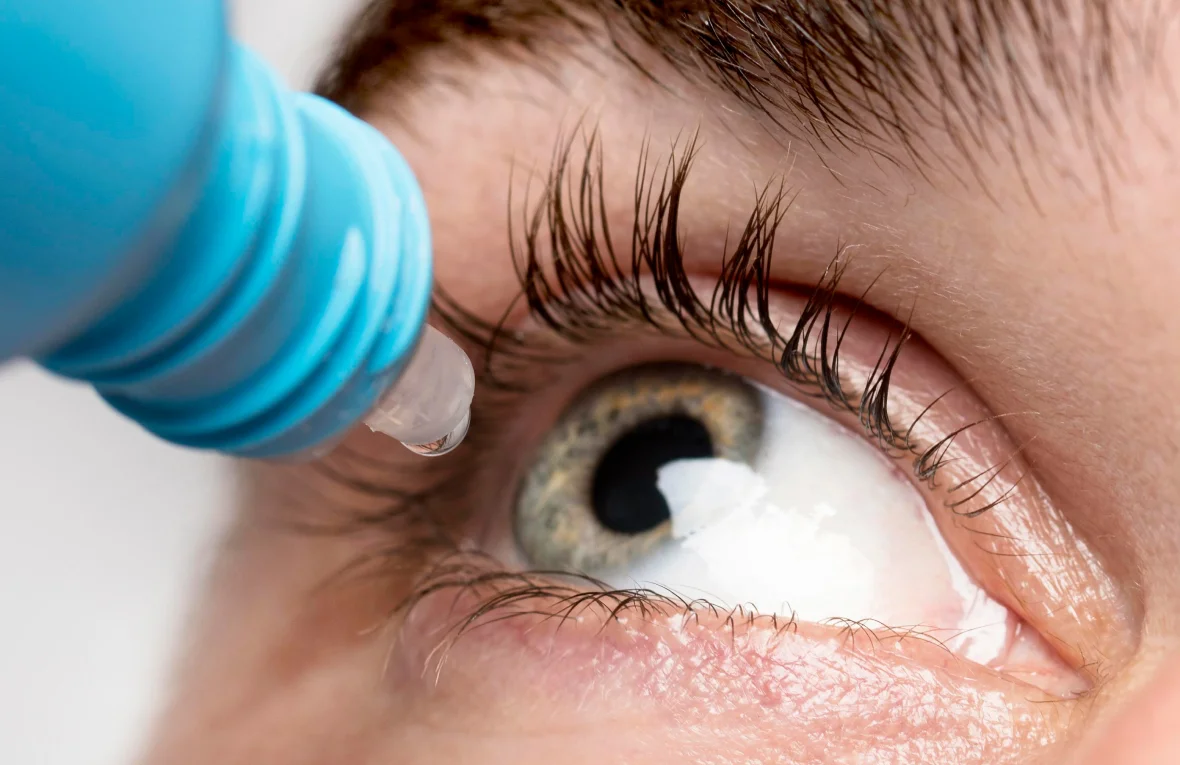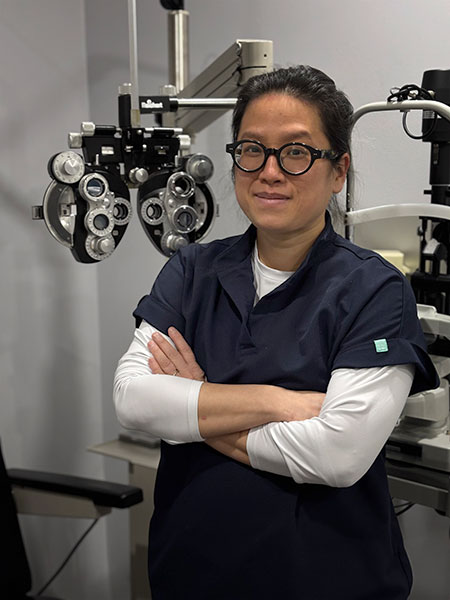Diabetic Eye Care – Protect Your Vision, Protect Your Future!
Managing diabetes means taking care of your whole health, including your eyes. At Centre de Vision G&C, our specialized diabetic eye exams are designed to detect early signs of diabetic retinopathy, macular edema, and other complications before they affect your sight. Our Diabetic Eye Exam Includes:
- Comprehensive Retinal Evaluation: Advanced imaging and thorough assessment of your retina.
- Early Detection: Identifying diabetic eye complications at their earliest stages.
- Personalized Care: Tailored recommendations and follow-up to safeguard your vision.
Your vision is vital — don’t wait for symptoms. Early detection is key! Conveniently located on the Plateau Mont-Royal and open six days a week. Book your eye exam today.
Frequently Asked Questions
How often should I have an eye exam?
It’s recommended that adults have a comprehensive eye exam every 1-2 years, even if your vision seems fine. For children, their first eye exam should be at 6 months, followed by another at 3 years old, and then annually during school years. If you wear glasses or contact lenses or have a medical condition like diabetes, you may need more frequent exams.
What are the signs that I need glasses?
If you’re experiencing frequent headaches, eye strain, blurry vision (either up close or at a distance), difficulty seeing at night, or squinting to focus, these could be signs that you need glasses. A comprehensive eye exam will determine if corrective lenses are necessary.
What causes dry eyes, and how can I treat it?
Dry eyes can be caused by aging, certain medications, environmental factors, or prolonged screen use. Treatment options include artificial tears, prescription eye drops, and lifestyle adjustments such as taking breaks from screens. An eye doctor can recommend the best course of treatment based on the severity of your symptoms.
Are there ways to prevent common eye diseases like glaucoma or cataracts?
While you can’t always prevent eye diseases, there are steps you can take to reduce your risk. These include wearing UV-blocking sunglasses, eating a healthy diet rich in antioxidants, avoiding smoking, and having regular eye exams to catch any issues early. Managing conditions like diabetes or high blood pressure can also help protect your eye health.




